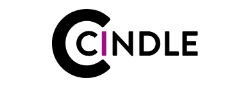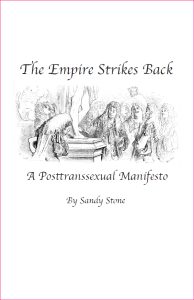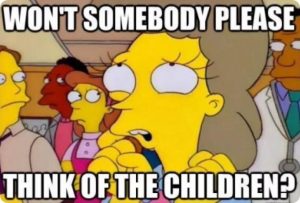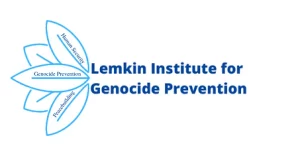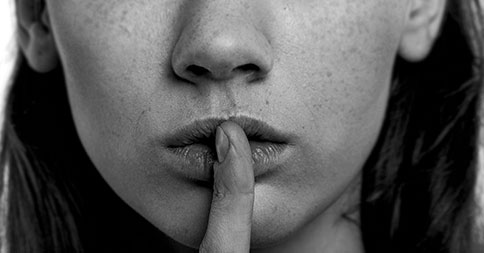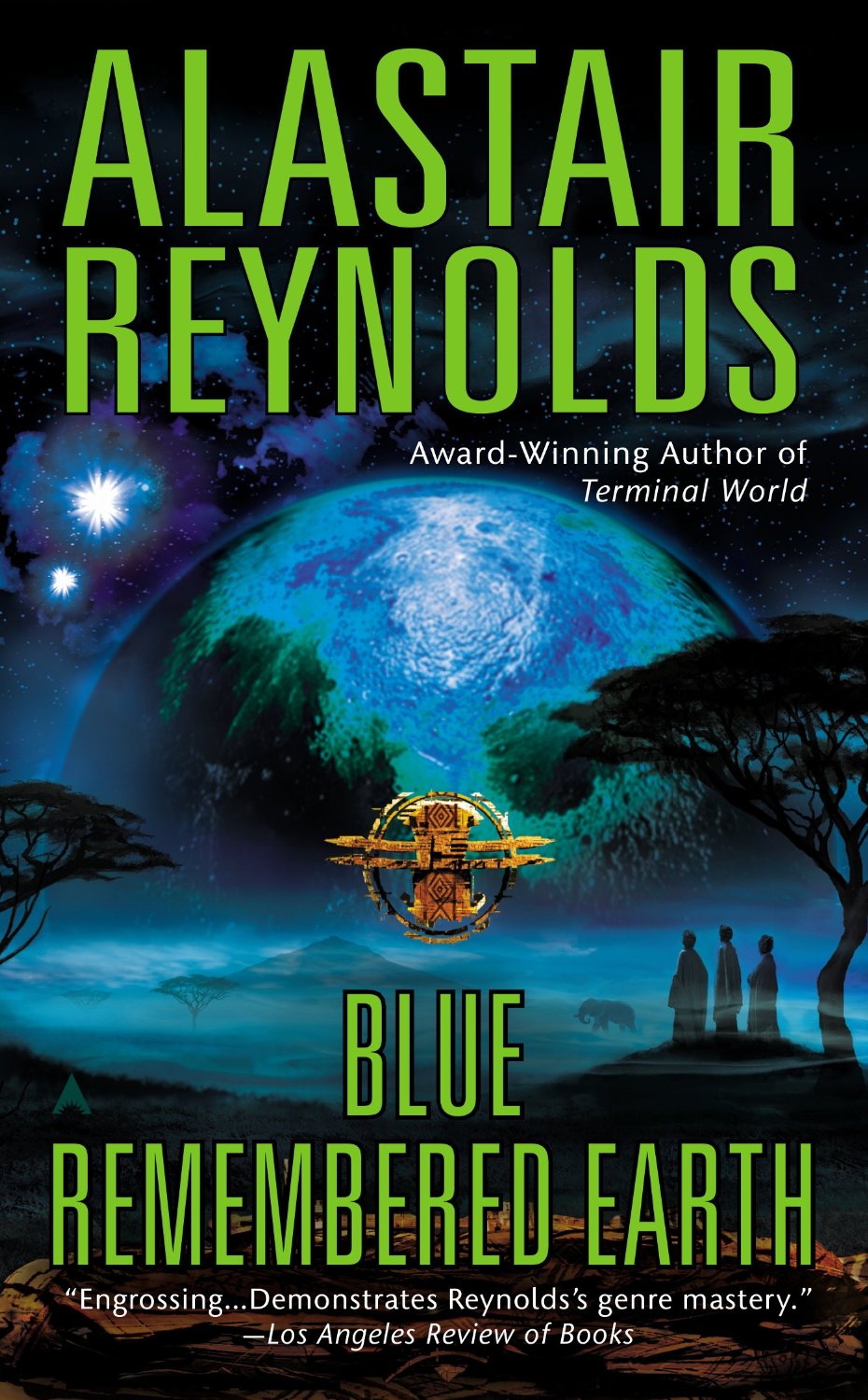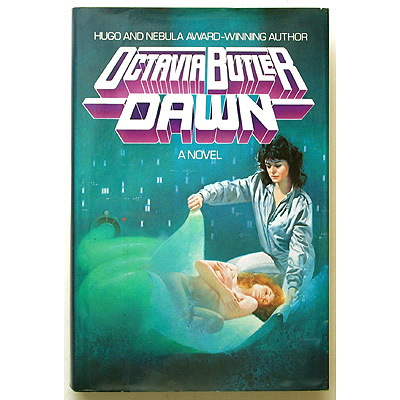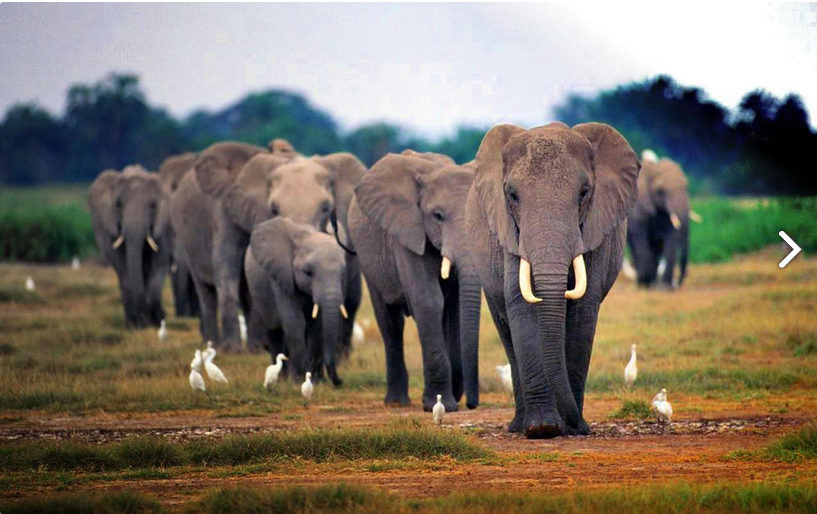This is a talk that I recently held in the Taalhuis Amsterdam as an introduction to queer tongues, Polari and specifically Dutch Trans Polari. Amidst of some thirty queer and linguistically interested people there were talks about queering Hebrew, Spanish, Farsi, and about (Trans) Polari.
Good evening y’all.
Varda the naff hommie with nante pots in the cupboard
Look at this unsightly wretch with the appalling dentistry
Get that bona jarrie down the screech
Eat that wonderful food
I had bona arva off the hommie back at the lattie
My masculine gentleman friend shagged me senseless in my house
You just saw the Polari song “Bona eke”, Nice face. I will tell you a bit about what Polari is and how it works, and then give Dutch and English examples. And about the hitherto probably totally unknown “trans Polari”. A variant that my Noodly friends and I invented in the 2000s.
The other speakers will talk about their own languages in which I am usually not versed enough so I leave that to them. Also, more speakers means more fun
Origins
Polari comes from Parlyaree, Palari, Parlare. Of course it reeks strongly after the Italian parlare, to talk, to speak. Its roots however are diverse than just Italian and range from 1600s English, a mixture of Molly slang (Regency England men who dressed in drag and coined words like “bitch” and “trade”), thieves cant (the Elizabethan rigmarole of criminals, circus travellers, and other undesirables), East London cockney slang, and Italian brought home by sailors in the Mediterranean. Thus states the world’s pre-eminent scholar on Polari, Paul Baker, whose book “Polari -the lost language of gay men”, I can recommend if you want to know a lot more about Polari. He talks about the language system for instance and of course also about the uses of Polari.
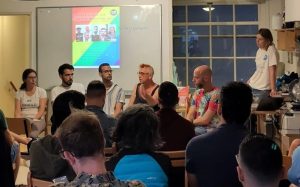
Panel over queer taal in de Meditaerranee
In the heydays of Polari, early 20th century until well after the decriminalization and relative destigmatisation of homosexuality, the queer community had a strong need of being able to understand each other, without being understood by the mainstream. So, slowly people developed a special “dialect”. An “anti-language”, part of an “anti-society”.
This anti-society has to do with repression and oppression. If this language or jargon, slang that belongs to repressed groups, then is anti-language.
Anti-language
Usually we incorrectly equate anti-language, underground language, to subculture in general, but that is too general. Subcultures can also be affirmative of societal developments. Back in the not so far away days and again now – sometimes still – queer people belong to the societally undesired populations.
Anti-language is thus minority language. Street language like Bargoens belongs to it. Or the Travelers’ languages Terrachu or Rotwelch. Youth language. And thus also Lubunca (from Turkish labunyaca) and Hijra Farsi (which is not Farsi like, but more Hindi based).
Polari and underground language also possibly have an identity forming aspect. It is a language that is in use by a certain group of people, leading to affirmation of group identity. I recognise that in the case of the Trans Polari. It definitely helped stimulate the group identity of a small trans community in Amsterdam 🙂
Glossary
An interesting and linguistically important feature of Polari is that it is more than a vocabulary, more than a glossary. It has all kinds of weird types: substantives, adjectives, adverbs, verbs …
Most other queer tongues are more slang than a true developed language. Dutch trans Polari is also more a glossary than a language, but you will find out. Using a certain strictness, one could say there is Polari and and there is slang. As often the difference gets elided a bit in daily use.
As far as I know and I could trace, Dutch Polari is mostly a glossary, a vocabulary. I am not aware of a special grammar. In English Polari that is different. That has developed into a Language. Every slang knows core and fringe vocabularies. Core words are often known in the general population too after some time, fringe vocab not so much, it is even only known to certain groups of users within the scene. Words like bona (great), i (see), i (face), (legs or knees), i (hair) are known to the bigger audience. I consulted a book titled “The queen’s vernacular” that starts with i – camp for embarrassing; and with Abigail – nickname for a middle aged conservative gay man. Abigails are close to aunties, closet queens and piss elephant faggots but there are subtle differences. The book ends withi (after hours establishment) and i, rubber shower shoes. In between are two hundreds pages of entries. The index only counts 40 pages of fine print.
Mainstream
Polari probably came to the mainstream audience in the 1970s. There is a 1973 Doctor Who titled,”Carnival of Monsters”. You may know Morissey’s song “Piccadilly Polari”, and in 2016 David Bowie had a whole song in Polari on his album “Black Star”, called “Girl loves me”
Alamo
Some nice English Polari words are also
- “Emptying the cage”, eating pussy;
- Alamo! He’s attractive, from LMO, Lick Me Out.
- Sharda! What a pity!
- “I’ve got you number, ducky.“: I know you’re gay, what you’re up to, friend
- Napkin ring aka cockring
- Omi-palone, feminine gay man
- Riah zhoosher (hari dresser)
Some Nice Dutch examples of gay slang are
- Fallocraat (a very sexual gay),
- Franse ambassade (French embassy, a gay brothel)
- Janet (Flemish for faggot)
- Utrechtenaar (a gay man, presumably Utrecht is veeeery gay)
- Trutmiep (swear word or euphemism for a gay)
- Uilenhol (straight bar).
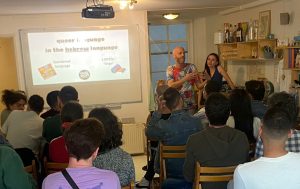
Presenter and teacher Dor about Queering Hebrew
Lesbiaans
For women there is “Lesbiaans”, which is featured in. Now wu y.o. dictionary
- Kipje (the youngest in a lesbian couple)
- Burniertje (after Andreas Burnier, lesbian author)
- Stonebutch (nothing dutch in here)
- Schuurmeid (Surinamese for a lesbian)
- Lesbo desperado (desperately searching for her true love to settle down with)
- Uit je broekje glijden (becoming sexually very excited). 2024 that would be “I could eat that girl for lunch”
There are four professions that are mostly referred in Polari are sex work, the police (“Betty Bracelets”, “Hilda Handcuffs” “Lily Law”), show business and hair dressing (riah zhoosher, hair dresser). Polari also does a lot of she-ing, feminising which makes more familiar, while it sexualises and makes more anonymous
Trans Polari
Dutch trans Polari as I know it is a 2000s invention. It is the time when the first non-self help group for trans people (in those days called transsexuals, later transgender people) was founded. They, we, called ourselves the Noodles, because we are as diverse as one can get noodles. Both in the hardcore dry noodles as in dishes 🙂 There are noodles for everyone 😉
The Noodles had a cafe afternoon every third Sunday of the month. And a monthly two hour radio show. Some of us were more culturally interested, others like me were more hardcore activists, worried about losing the political angle.
As we were not only some form of trans but also some form of gay, we were familiar with the existence of gay slang and then of Polari. Most of us were moving in circles of people transitioning from one gender to another, sharply observing trans trends. So we found new – not always nice and respectful, and in that sense true to Polari, ways and words.
The way the vocabulary came to life was that we observed phenomena and that we found our own words for it
PIllenbrug
- DIY (doe het zelf) trans, They buy their meds on the black market and have their surgeries abroad, or in Dutch private clinics, paying out of pocket.
- De pillenbrug – de zwarte markt. After the bridge after Damstraat here where one could buy all one’s recreational drugs. These days the whole internet of the whole Darkweb is the black market
- Ready made = an endosex (non intersex) cisgender person. Someone whose body is not bespoke
- Non-binaire = non-binary. We used that in a radio show apparently. Before it got daily parlance. Did we invent it?
- Handtasjesmafia (handbag mafia) = a trans woman who is convinced one is only a true woman with long hair, high heels and .. a handbag
- De ombouwprinses = de endocrinoloog?
- Kipfilets: chickfillets, breast augmentation prostheses
- Blije doos – Happy box. This refers to the pussy of a trans man who does not want bottom surgery. The context is here that in Rotterdam where the word originates from, people who just had a baby, got a box with all kind of useful stuff, that was called De Blije Doos, The Happy Box.
- Gevorderden (as in “Dames, Heren en Gevorderden”): Advanced (ladies, gents and advanced people)
- Gender agent = conservatve audience/person
- Voor / na de oorlog (het transitieproces) Before/after the war. Surely in the old days transitioning meant being at ‘war’ with one self and with society<>
So, you see how much we queer people contribute to language, and in humoristic way too.
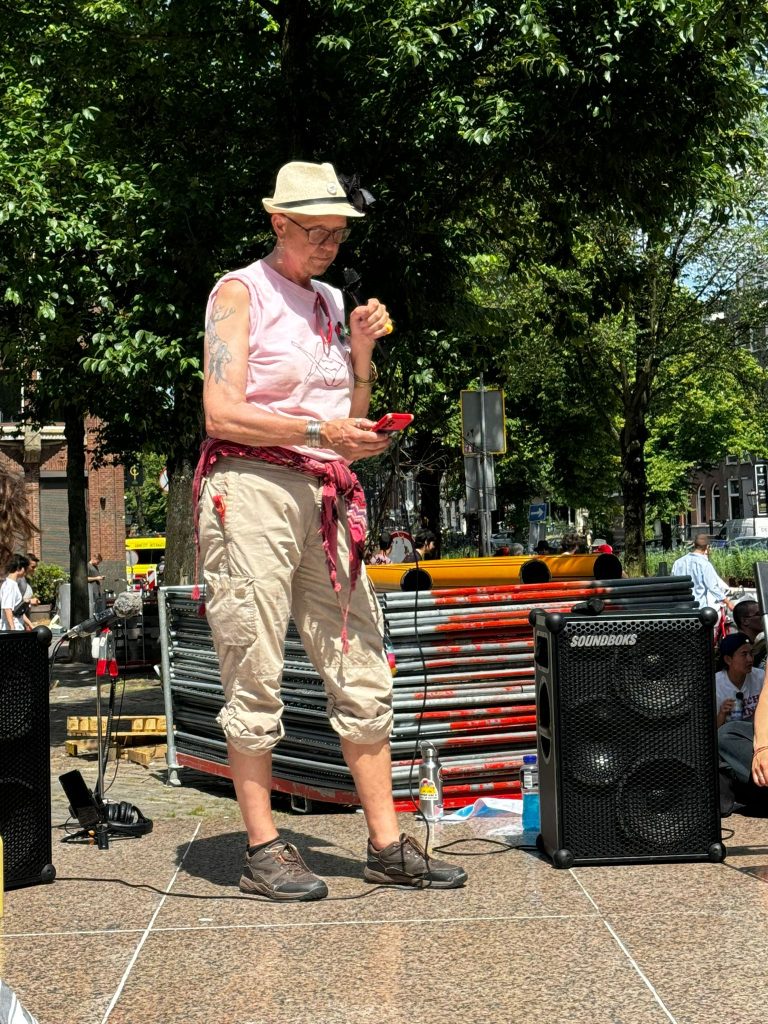
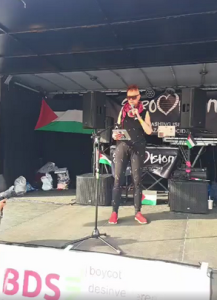
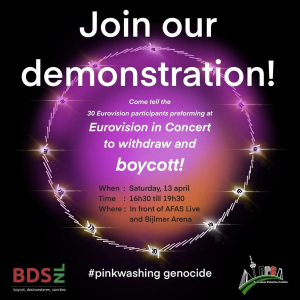 We are here at AFAS live where the Eurovision Song Concert will take place. Because the European Broadcast Union is a hypocritical organization. When Russia invaded Ukraine two years ago and started a long and dirty war, European Broadcasting Union was fast in kicking them out. It was Neo-czarist Russia after all, a political renegade to be conquered for our markets, not to form an opponent. We brought the USSR to its knees for a reason.
We are here at AFAS live where the Eurovision Song Concert will take place. Because the European Broadcast Union is a hypocritical organization. When Russia invaded Ukraine two years ago and started a long and dirty war, European Broadcasting Union was fast in kicking them out. It was Neo-czarist Russia after all, a political renegade to be conquered for our markets, not to form an opponent. We brought the USSR to its knees for a reason.